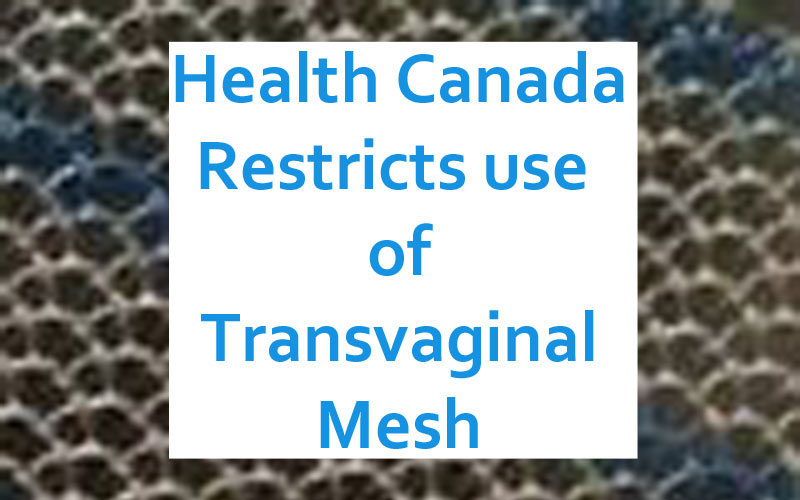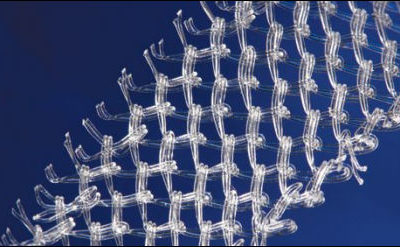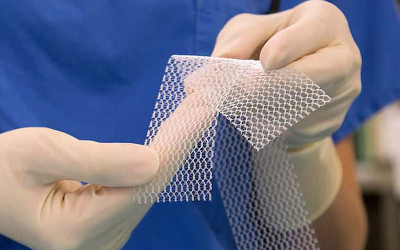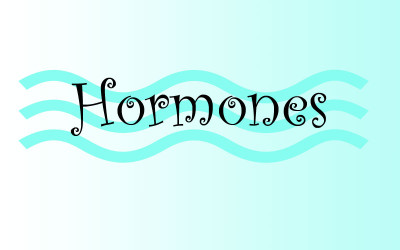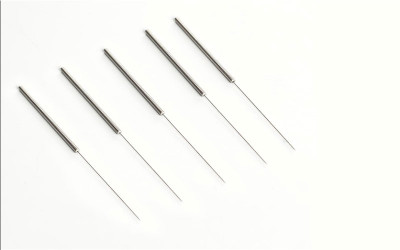After a safety review, Health Canada is removing surgical mesh products for pelvic organ prolapse (POP) from the market. The decision comes after a recent decision by the USA FDA to pull the products from their market. Pelvic mesh products have been under scrutiny in many countries across the world as women report complications once the mesh is inserted. New Zealand, Australia, and the UK have all seen recent debates and subsequent bans on the use of the products in their markets. Several manufacturers have been sued as a result of complications as well.
Transvaginal mesh is a synthetic mesh product that is inserted through the vagina for pelvic repair, such as pelvic organ prolapse (POP). POP occurs when the pelvic floor muscles and/or tissues are weakened and can no longer support the pelvic organs including bladder, uterus, or rectum. The mesh is a common surgical solution because of the relatively simple surgical procedure in comparison to other more invasive procedures. However, many women report debilitating pain after insertion, including infections, abdominal pain, and organ perforations.
Health Canada is now restricting the use of the mesh for pelvic organ prolapse, but doesn’t go so far as to completely ban the product in our market. They indicate that mesh products may still be used for certain patient groups, including women with recurring pelvic organ prolapse or those who cannot undergo a more invasive surgery. It’s also important to note that the Health Canada safety review and subsequent recommendation does not mention the use of mesh products for other pelvic health issues, such as stress urinary incontinence. Pelvic mesh is one of the most common recommendations for women who are looking for a surgical solution to resolve stress incontinence.
Health Canada is advising healthcare providers of the updated use-cases and recommended patient population for use of synthetic mesh. If you have been talking to your doctor about a surgical solution for your pelvic health, make sure to ask about this recent development and how it will affect your treatment.
Transvaginal Mesh Pulled From Canadian Market
Health Canada Safety Review: Surgical Mesh Products
Other Leakylily Articles About Pelvic Mesh:
Surgery for Stress Incontinence – Where’s the Evidence?
USA FDA Orders Removal of Surgical Mesh from the Market
Pelvic Mesh – Safe Solution for Pelvic Health?

